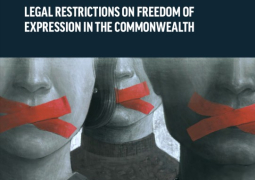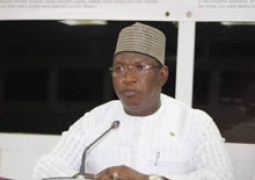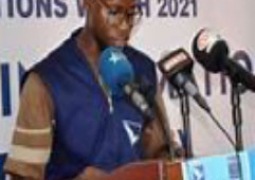Speaking during a day-long training for Civil Society Organisations on Trafficking in Persons, Isatou Dabo, executive director of NAATIP, explained that in executing their mandate as per the Trafficking in Persons Act 2007, they strive to ensure that policies, programmes and other measures established are appropriate by including and strengthening the relationship, partnership and cooperation with non-governmental organisations and others.
She stated that while the primary responsibility for combating and preventing trafficking in human beings rest with the government, the link of this phenomenon to transnational organised crime requires co-operation at the international and regional levels.
ED Dabo further explained that on a daily basis, every minute somewhere in the world, citizens outside The Gambia and other nationals in The Gambia are subjected to inhuman and degrading treatment through forced labour or sexual exploitation.
"This has to stop,” she said. “With consolidated efforts, great change can be effected. NAATIP continues in its efforts to contain trafficking in persons as mandated by the 2007 TIP Act. Every individual should be free to determine who they are, what they wish to become and be free to identify with their true identity."
Tijan Bojang, a participant from GAMCOTRAP, expressed delight to be present in such an important session, saying that his expectations were huge in combating trafficking in persons.
He added that the training would help them in their institutions to tackle cases of human trafficking.
"The constraint we are currently facing is the reporting of cases. We normally receive few cases while others never want to talk about their situation because they're afraid,” he said, adding: “They feel shy, especially women, but we are trying to complement the government's efforts."
Read Other Articles In Headlines
NATIONAL ASSEMBLY CONDEMNS TRAGIC POLICE SHOOTING
Sep 15, 2023, 10:07 AM




